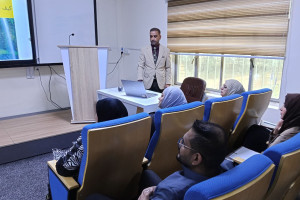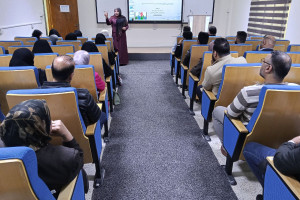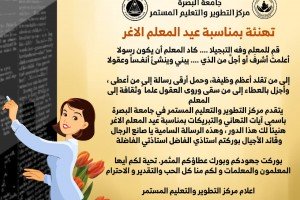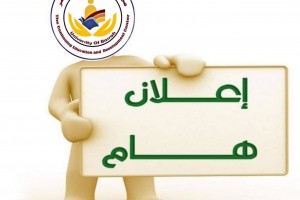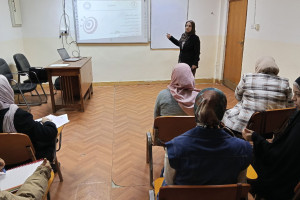
The Center for Development and Continuing Education at the University of Basra held a lecture on Assessment and Feedback. The aim of the lecture, which is part of the updated curriculum teaching methods course for the southern region in the engineering specialization, was to clarify important concepts about the integrated learning and teaching process. The overall objective was to understand measurement, evaluation, and assessment concepts, emphasizing the importance of feedback in identifying strengths and weaknesses in the educational process for the purpose of enhancing the level of education and learning. This involves developing measurement and evaluation skills and effectively using feedback.
The lecture presented by Dr. Noha Hadi Jasim, a faculty member at the College of Engineering, covered types of assessment, the differences between measurement and evaluation, as well as the methods and tools used in the assessment process and the stages of test design.
In conclusion, the recommendation emphasized the necessity of using real-life examples and success stories in the field of evaluation and feedback. This contributes to connecting concepts with real experiences and motivating participants.
Additionally, it suggested incorporating practical training activities to help participants apply learned concepts to their actual projects or work environment. This could be achieved through organizing small discussions or cooperative activities to enhance understanding and encourage idea sharing.
Providing additional resources, whether extra readings or online materials, was also recommended to enable participants to further comprehend complex topics. Regular feedback during and after the session was highlighted to improve performance and guide participants towards better understanding.
Encouraging participants to ask questions and promoting critical thinking was mentioned to enhance a deeper understanding of concepts. Finally, follow-up sessions were suggested to verify the application of concepts in daily work and offer any additional support if needed

